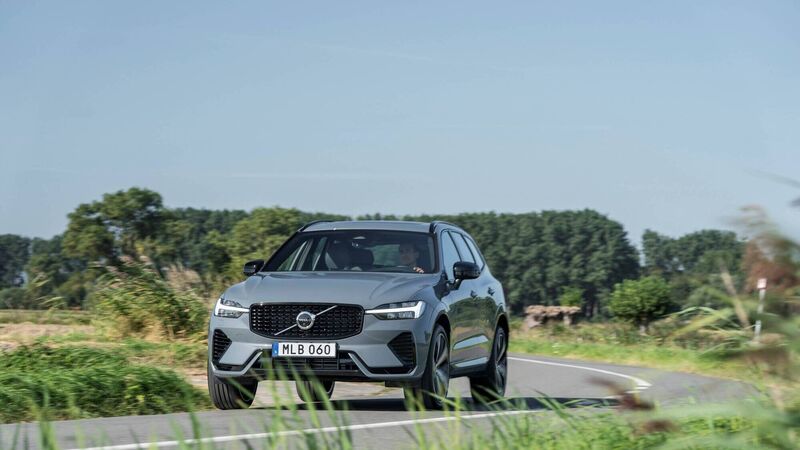Volvo posts rise in profits despite supply chain woes

Volvo said it’s on high alert for changes in demand as the economic outlook becomes more uncertain.
Volvo reported second-quarter earnings that came in ahead of analyst estimates as the Swedish truckmaker raised prices to pass on higher production costs.
Adjusted operating profit for the three months through June came in at 13.75bn kronor (€1.3bn), the Swedish manufacturer said Tuesday, beating the average analyst estimate of 12.5bn kronor (€1.19bn).











